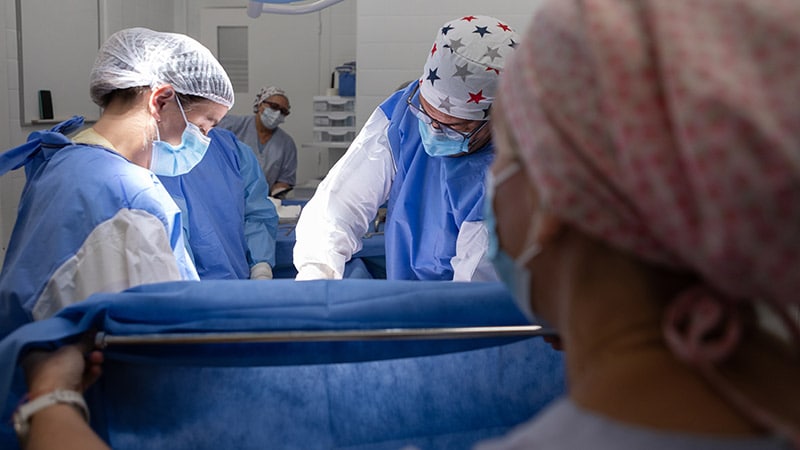Allowing women to have abortions at home with the aid of teleconsultation during the COVID-19 pandemic has proved to be a safe, effective and more accessible service, a new study published in BJOG suggests.
At the beginning of the pandemic, the Royal College of Obstetricians and Gynaecologists (RCOG) called for enabling women to access early medical abortions at home. The change in guidelines was approved in England in March 2020 and thereafter in Scotland and Wales. Previously, women seeking an abortion required in-person attendance at the clinic for an ultrasound scan and taking the abortion-inducing medication. Under the new guidelines, consultations can be conducted by telephone or video call and medication could be taken at home, with an ultrasound scan to be performed only if needed.
Researchers at the University of Texas at Austin, the British Pregnancy Advisory Service, MSI Reproductive Choices and National Unplanned Pregnancy Advisory Service analysed outcomes of >50,000 early medical abortions that were performed between January and June 2020 (before and after the introduction of telemedicine service) across England, Scotland and Wales.
The findings showed that 98.8 per cent of women were able to successfully end their pregnancies using teleconsultation, without the need for further intervention. Less than 0.05 per cent of women experienced a serious complication. Telemedicine also enabled women to receive care much earlier in their pregnancy. The waiting time between consultation and treatment came down from 10.7 days to 6.5 days.
There were no cases of significant infection requiring hospital admission or major surgery, and no deaths from having an early medical abortion at home were reported.
Eighty per cent of women reported that telemedicine was their preferred option and they would choose it in the future. None of the women reported any privacy issues with teleconsultation.
Professor Dame Lesley Regan, Chair of the RCOG’s abortion taskforce, said in a news release: “This study proves there is no medical reason not to make the current telemedicine service permanent. Reducing access to abortion doesn’t make it any less common, but it does make it less safe.”



